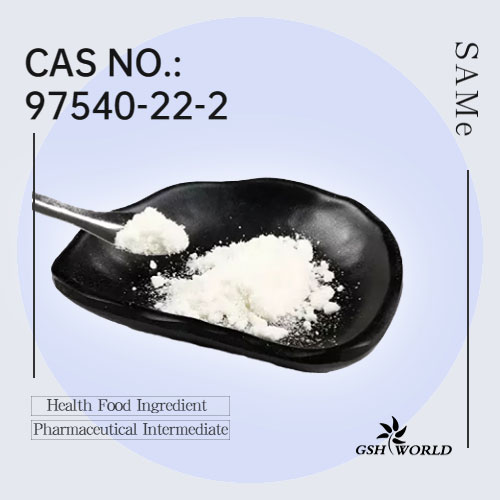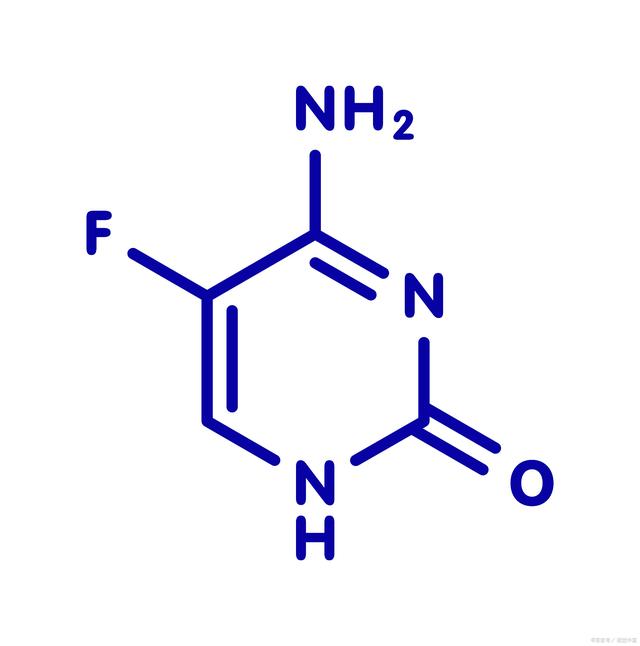Application of L-methionine as a food additive
L-methionine, as a food additive, plays an important role in the food industry. It is a natural organic compound with nutritional and antioxidant functions, commonly used for preservation, preservation, and nutritional enhancement of various foods.
Firstly, L-methionine as an amino acid additive
Can supplement nutrients in food, improve food quality and taste. L-methionine widely used as a nutritional enhancer in infant formula to meet the demand for amino acids in infants.
In addition, L-methionine also used as a preservative in some meat products, which can effectively inhibit the growth of microorganisms and extend the shelf life of food.
Secondly, L-methionine also has antioxidant properties
In some foods rich in fats and oils, L-methionine can react with free radicals in fats and oils, delaying the oxidation and spoilage of food.
In addition, L-methionine also has various biological activities such as anti fatigue and improving immunity. Research has shown that moderate intake of L-methionine can enhance the body’s antioxidant capacity and immune system, helping to maintain good health.
However, it should noted that although L-methionine has many advantages as a food additive, excessive intake may also have certain effects on the body.
Therefore, when using L-methionine as a food additive, it is necessary to strictly comply with national food safety standards, control the amount added, and ensure the safety and health of the food.
In summary, L-methionine plays an important role as a food additive in the food industry. It not only supplements the nutrients in food, improves the quality and taste of food, but also has various biological activities such as antioxidant and anti fatigue.

However, when using L-methionine, it is necessary to strictly comply with national food safety standards, control the amount added, and ensure the safety and health of food.
In addition to its application in infant formula and meat products, L-methionine also widely used in other food fields.
For example, in some baked goods such as bread and pastries, L-methionine is used as a dough improver, which can improve the extensibility and elasticity of the dough, making the baked food more soft and delicious. In some beverages, L-methionine also used as a taste regulator, which can improve the taste and flavor of beverages.
In addition, as people’s attention to food safety and health continues to increase, L-methionine, as a natural organic compound, has also received widespread attention and research.
Many studies have shown that L-methionine not only has nutritional and antioxidant effects, but also has various biological activities such as preventing cardiovascular disease and enhancing liver function.
These studies provide broader prospects for the application of L-methionine in the field of functional foods.
Overall, L-methionine plays an important role as a food additive in many aspects.
L-methionine has shown its unique advantages and application value in various aspects of biological activities, including nutritional supplementation, preservation, antioxidant, and anti fatigue.
However, we also need to approach the effects and effects of L-methionine in a scientific and rational manner to avoid excessive dependence or abuse.
During use, national food safety standards should be followed to ensure their safety and effectiveness. At the same time, for the future development direction of research and application, it is necessary to continuously explore and explore the more potential and value of L-methionine.




